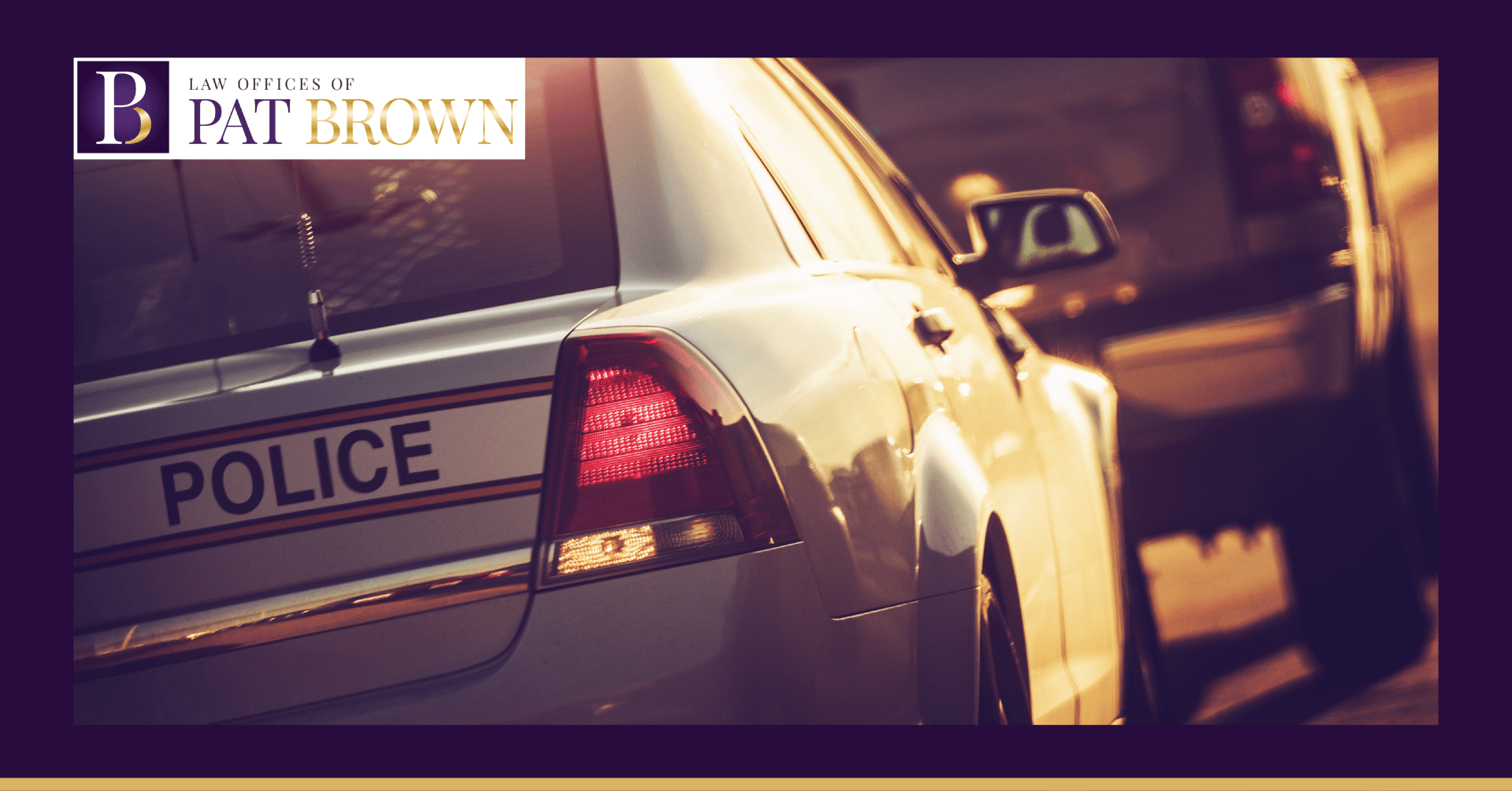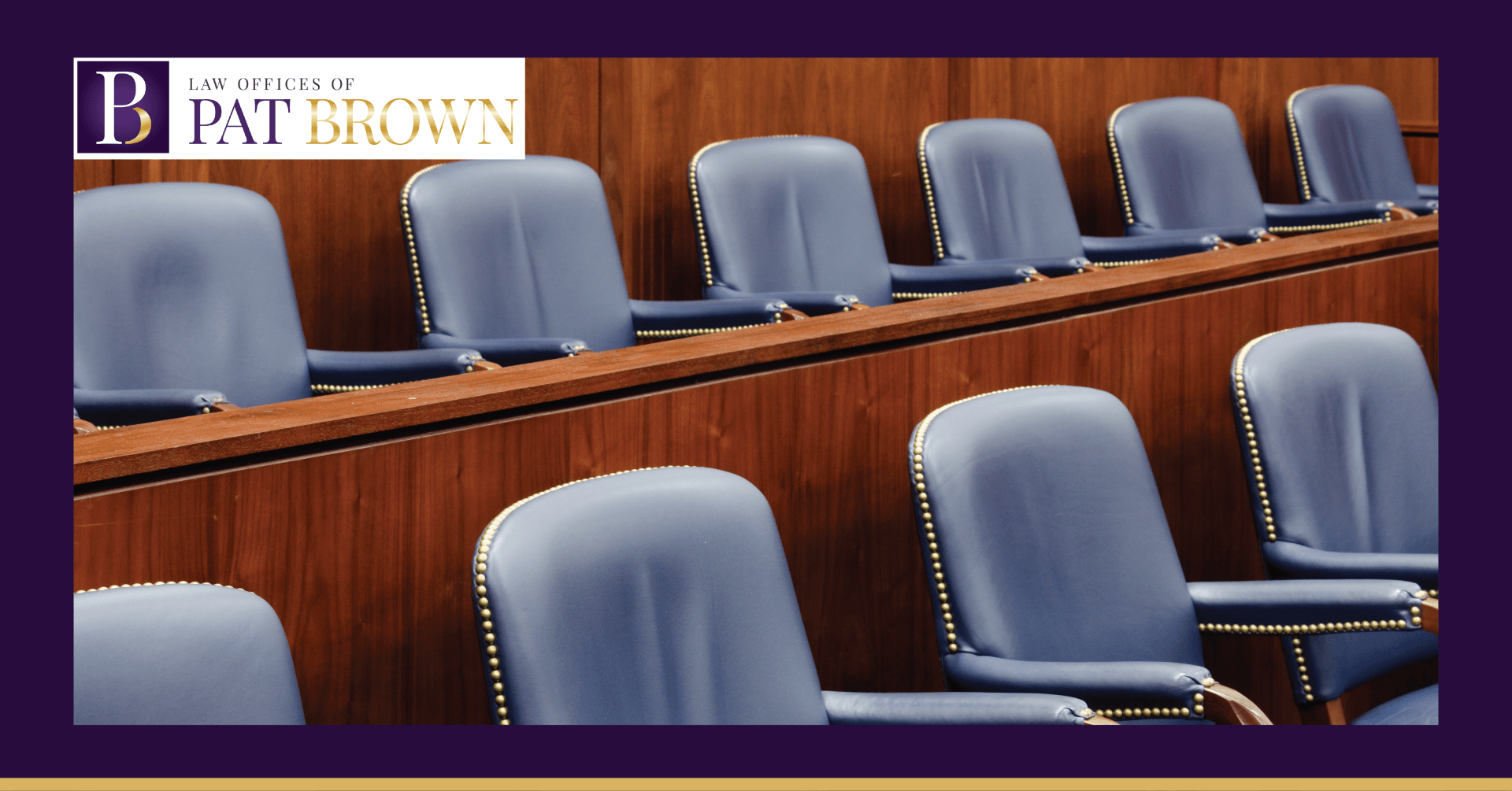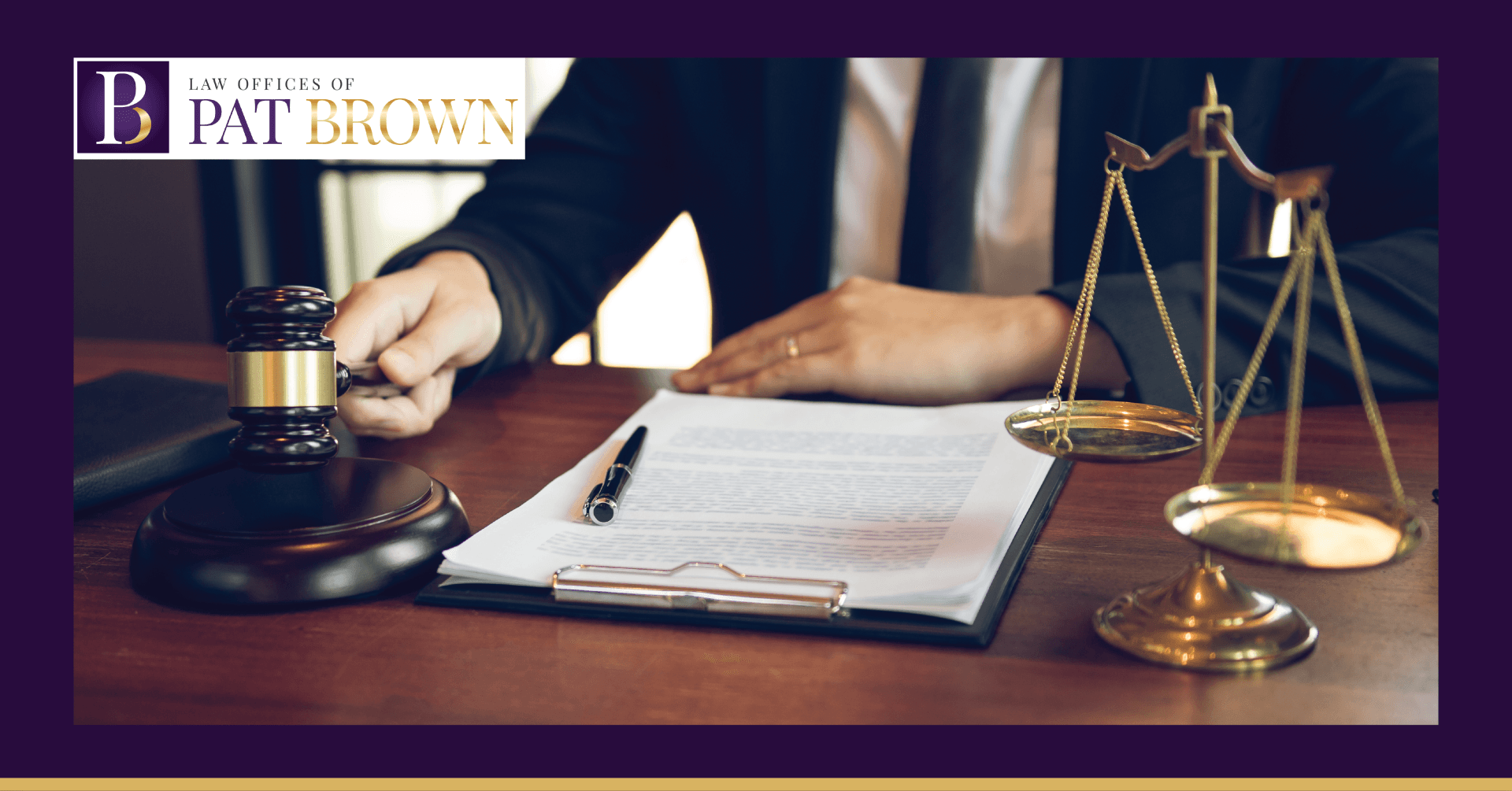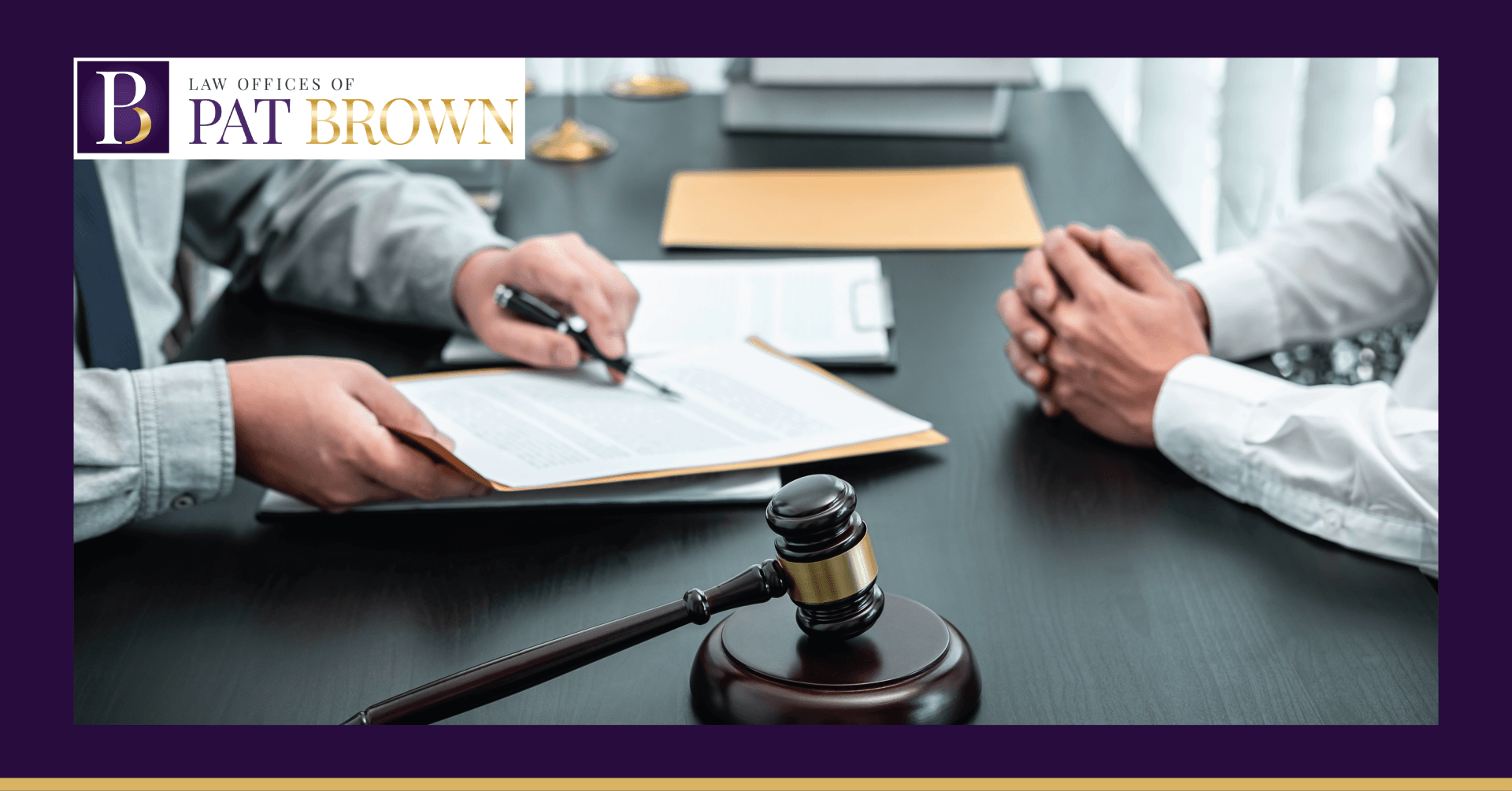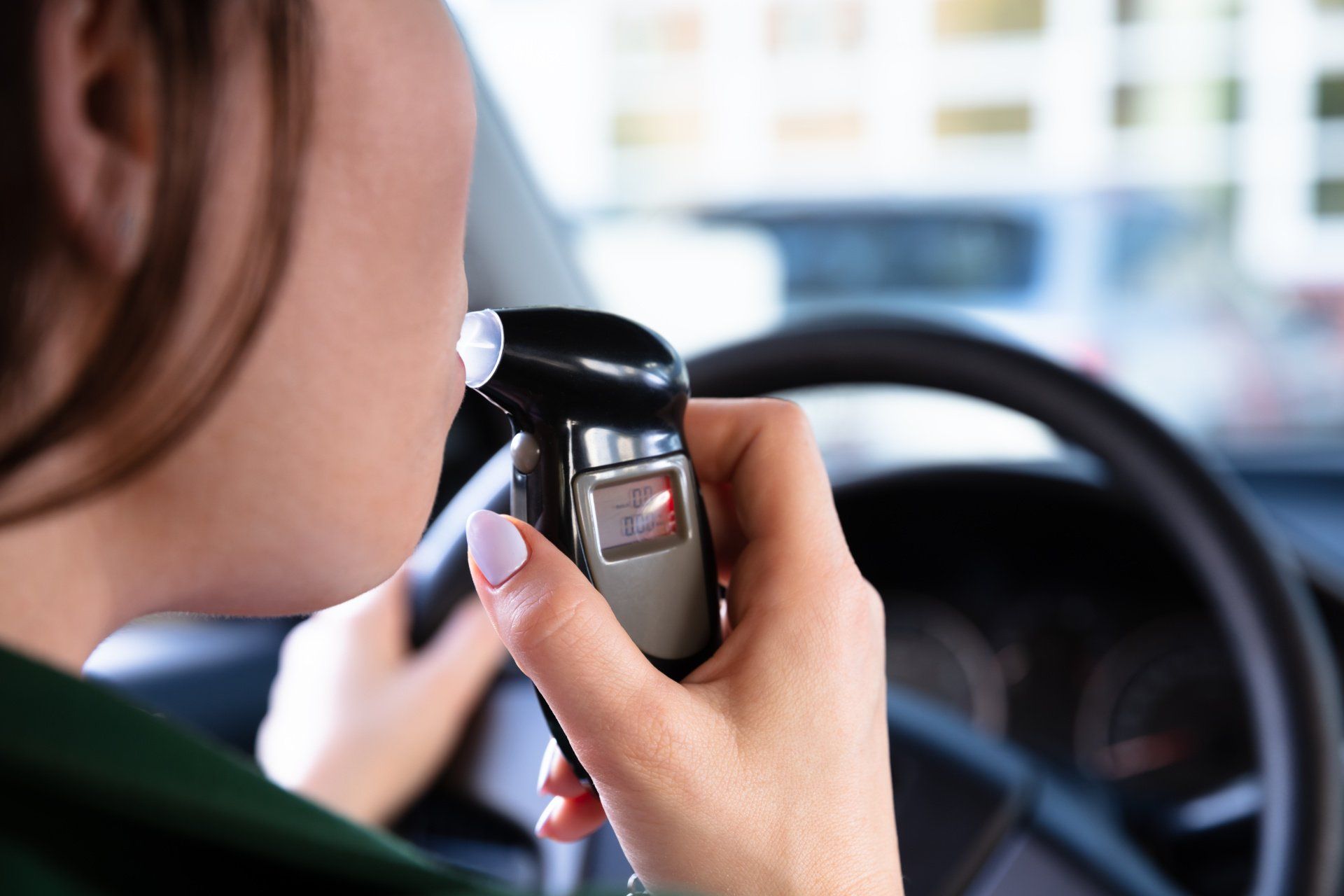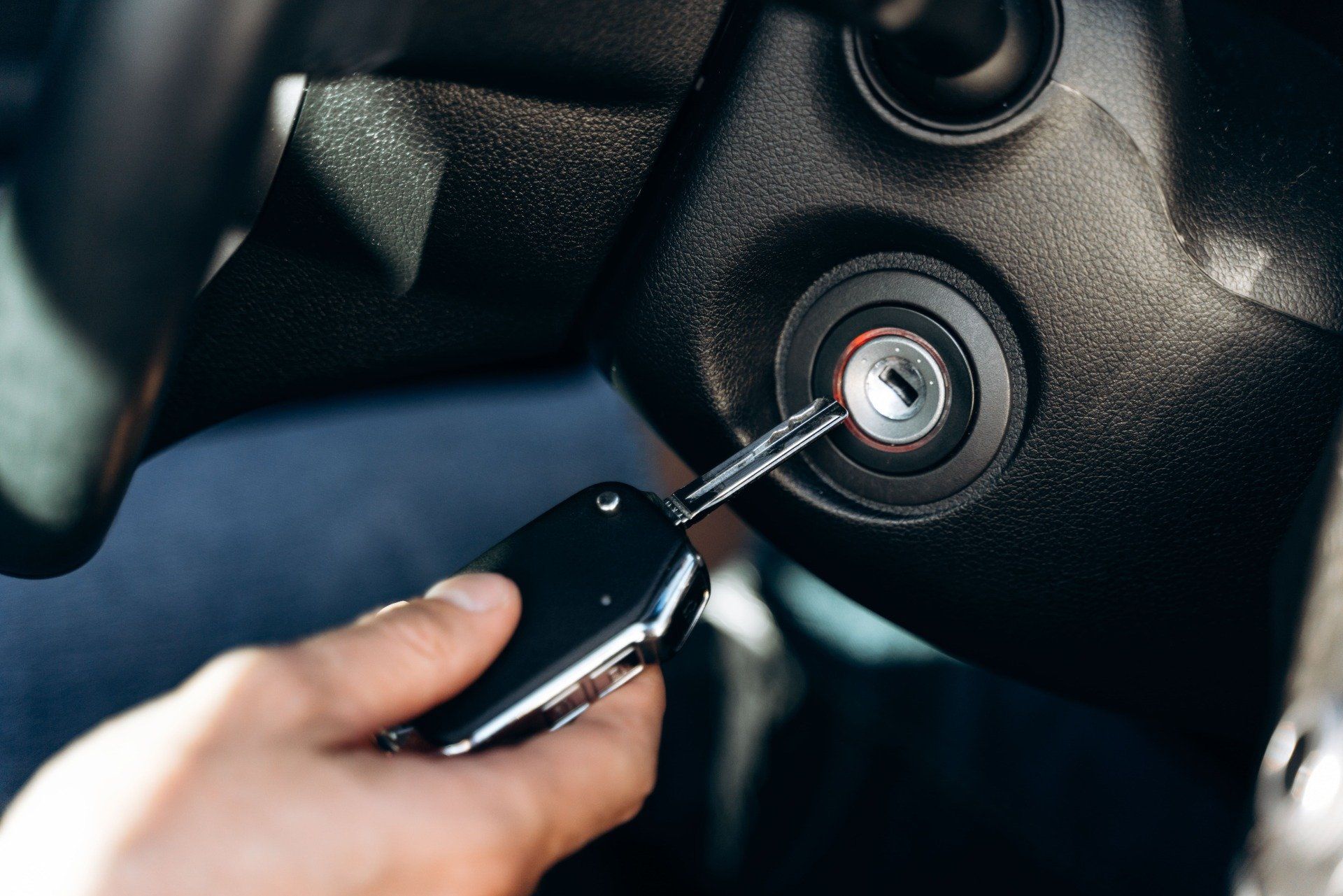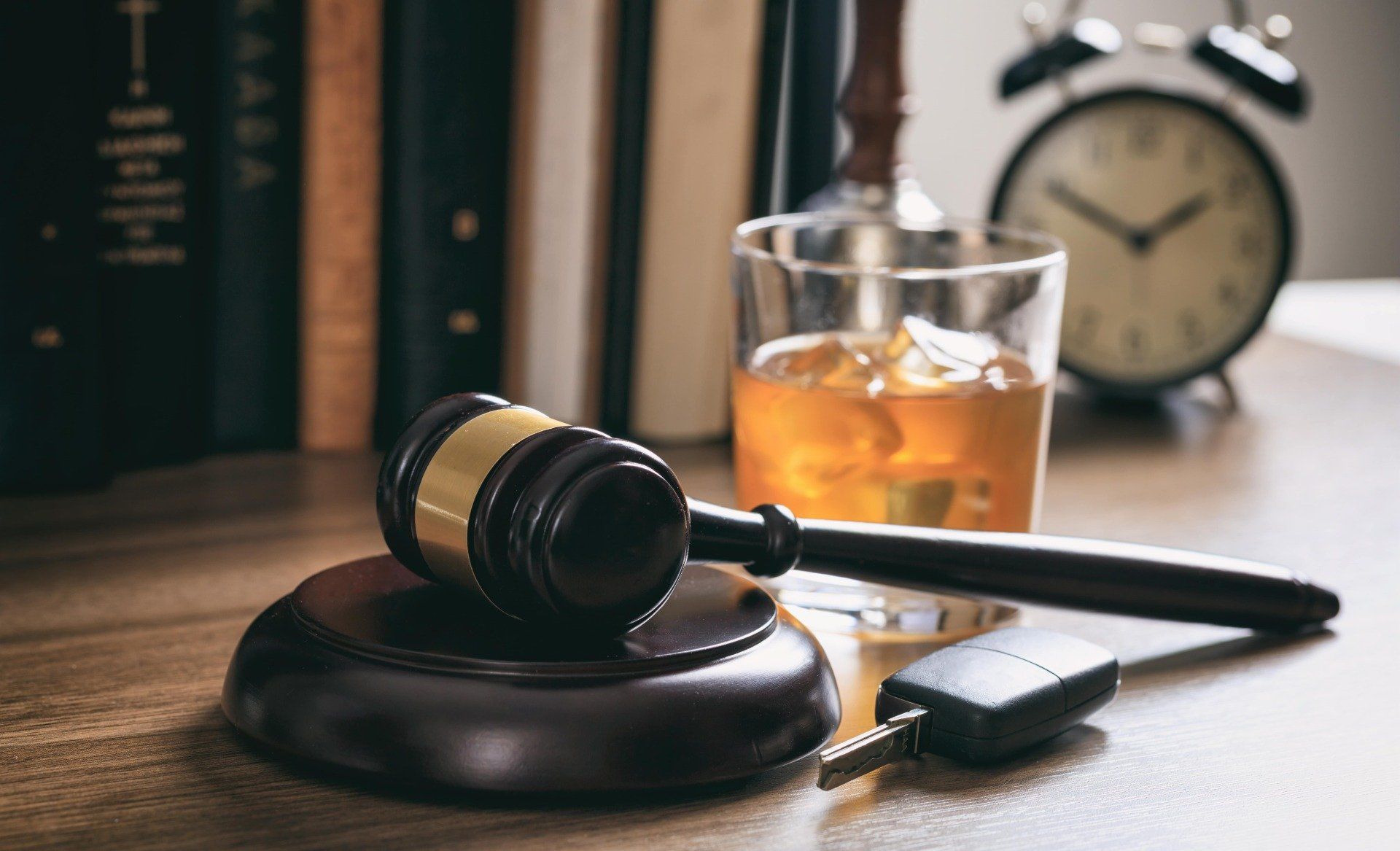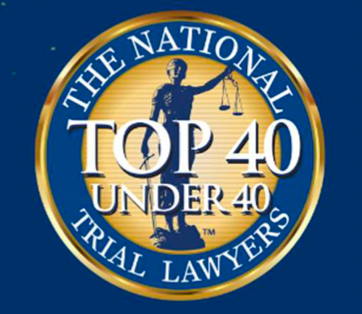In 2020, approximately 30% of all motor vehicle fatalities were caused by drunk drivers. As staggering as that statistic is, it is a significant decrease over prior decades due in part to aggressive DUI/OUI penalties, ignition interlock laws for repeat offenders, and transport service support providers like Uber and Lyft who can take on the role of designated driver. According to the CDC (Centers for Disease Control and Prevention), sobriety checkpoints help reduce - by nearly 20% - alcohol-related deaths and injuries.
Here are three common questions about DUI checkpoints in Connecticut:
1. What Is a DUI Checkpoint?
A DUI or sobriety checkpoint is a selected and publicized location where law enforcement officers stop drivers (every driver or a neutral pattern) to detect impairment and prevent alcohol-related accidents, deaths and injuries. In the 1930s, sobriety checkpoints were first implemented in Scandinavia to deter people from driving while drunk with the consequence of arrest. The United States began setting up checkpoints in the early 1980s.
2. Are DUI Checkpoints Legal in Connecticut?
Yes. In 1996, Connecticut Appellate Court ruled that sobriety checkpoints are constitutionally permissible. The U.S. Supreme Court ruled in 1990 that sobriety checkpoints do not violate the 4th Amendment protection against unreasonable searches and seizures, allowing each state to decide their individual constitutionality. Since then, 38 States (including Connecticut) and the District of Columbia have authorized sobriety checkpoints.
That being said, there are several guidelines that must be followed in Connecticut. The checkpoint must be:
- An area with a history of driving infractions and accidents
- On well-traveled roads that would be the route of choice for impaired drivers
- Clearly marked and visible
- Approved in advance by a senior official
In addition to the geographic requirements, the officers assigned to the checkpoint must include a supervisor and must follow a neutral pattern for stopping vehicles (i.e. every car, every 4th car, etc.). A checkpoint strives to keep the general driving population safe while not causing inconvenience or anxiety for those asked to stop.
3. Where Are DUI Checkpoints in Connecticut?
DUI Checkpoints are hard to miss when you come upon them - strobing lights, multiple law enforcement vehicles, crawling traffic, visible signage and sometimes even a large trailer. Here are some other possible alerts to an upcoming checkpoint:
Local News.
DUI checkpoints are commonly set up during a holiday or weekend when parties and large gatherings happen. The Department of Public Safety issues press releases in advance with locations, dates and times. These details are shared in local new publications and on local television news.
Internet Search.
In your search engine of choice, you can enter "DUI checkpoints Connecticut" and choose results under "News". This will bring you to recently published articles or press releases about scheduled checkpoints in your area.
Traffic Apps. While a standard traffic app won't necessarily tell you if there is a sobriety checkpoint ahead, it can alert you to police presence and traffic. Provided it is a legal turn, you can reroute to avoid the suspected checkpoint ahead. You can also check out the
Mr. Checkpoint website or app which is dedicated to informing users of DUI checkpoints and traffic alerts by state.
Social Media.
You can find groups on Facebook and Twitter dedicated to sharing locations of upcoming checkpoints in your area.
Connecticut's Trusted DUI Defense Attorneys
At the Law Offices of Pat Brown, we know your rights when it comes to field sobriety tests and possible DUI penalties. If you or a loved one are on the wrong side of a DUI checkpoint, we can help minimize any negative consequences you may face, and possibly get some of your charges reduced. To learn more about our experience defending impaired drivers, contact us for a free consultation.
